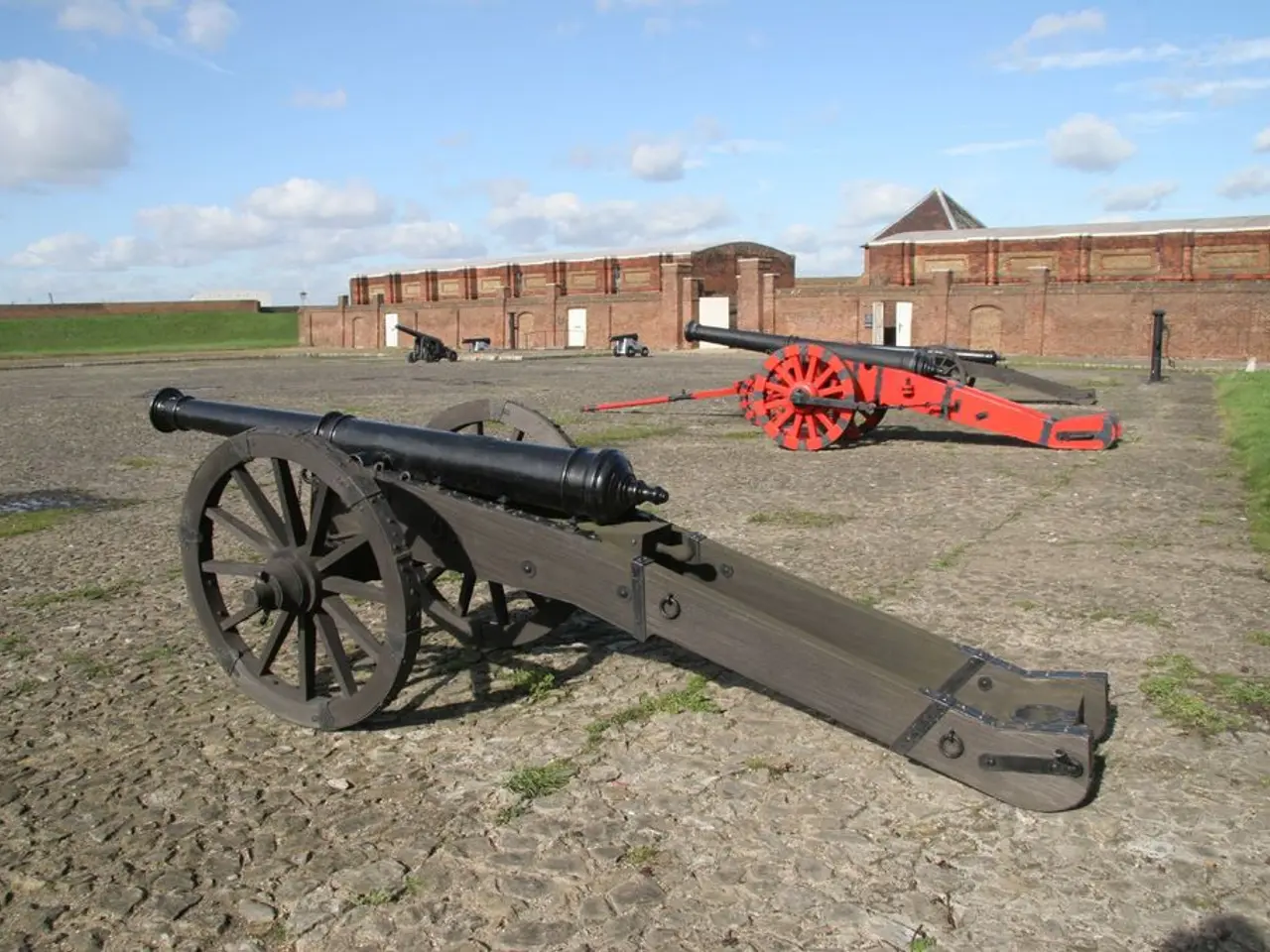The 'Bushehr Confusion': Rekindling Allegations on Israel's Attacks on Iran's Nuclear Sites
Uncertainty revolves around suspected assault on Iranian nuclear site
In a recent twist, Israel has clarified that it did not attack theoperating Iranian nuclear reactor in Bushehr, contrary to earlier reports suggesting otherwise. An Israeli military spokesperson admitted to making a mistake in reporting an attack on the nuclear facility in Bushehr. However, they confirmed attacks on facilities in Natanz, Isfahan, and Arak. Regarding Bushehr, no confirmation or denial was provided [2][3].
The Iranian news agency, Isna, reported that Israeli forces also targeted an area near the heavy water reactor at the Chondab nuclear site. Russia stated that the Bushehr nuclear power plant was functioning normally with no safety risks, and they have no plans to abandon the construction of the Iranian Bushehr nuclear power plant [1].
Russia supports the peaceful use of nuclear energy in Iran but officially opposes nuclear weapons there. The head of the Russian nuclear giant, Rosatom, Alexei Likhachev, cautioned against a possible bombing of the Bushehr nuclear facility, citing potential risks similar to the Chernobyl disaster [1]. An attack on Bushehr could lead to a nuclear catastrophe, Likhachev warned [2].
Concerns over potential attacks on Iranian nuclear facilities arose earlier this year, with the Prime Minister of Qatar warning that such an action couldcontaminate the waters of the Persian Gulf, endangering life in Qatar, the United Arab Emirates, and Kuwait. These countries, located on the opposite side of the Gulf from Iran, rely heavily on desalinated water from the Gulf for their drinking water needs [4].
Previously, strikes on Iran's uranium enrichment facilities, including Natanz, have not caused substantial damage, according to the Rosatom chief [2]. The misunderstanding surrounding the Bushehr nuclear power plant serves as a reminder of the ongoing tension and potential risks associated with the escalating conflict over Iran's nuclear program [2][3].
- Iran
- Israel
- Middle East conflict
- Iran Nuclear Program
- Bushehr nuclear power plant
- Nuclear Proliferation
- International Nuclear Safety
Insights: Incorporating enrichment data, it was confirmed that Israel did not strike the Bushehr nuclear power plant, but other nuclear sites in Iran, such as Natanz, Isfahan, and Arak, were targeted in the conflict [2][3]. Additionally, previously reported strikes on Iranian nuclear facilities have not caused significant damage to underground facilities [2]. The focus remains on potential risks associated with these ongoing conflicts and the impact on regional and international nuclear safety.
- The community policy of Iran, in regard to the Bushehr nuclear power plant controversy, might need an update following Israel's clarification about the plant not being one of their targeted facilities during their reported attacks.
- The employment policy of international nuclear safety agencies could face potential changes as continuous war-and-conflicts and politics in the Middle East, particularly the Iran Nuclear Program, pose ongoing risks to nuclear proliferation and general news including allegations of attacks on nuclear facilities like Natanz, Isfahan, Arak, and Bushehr.




